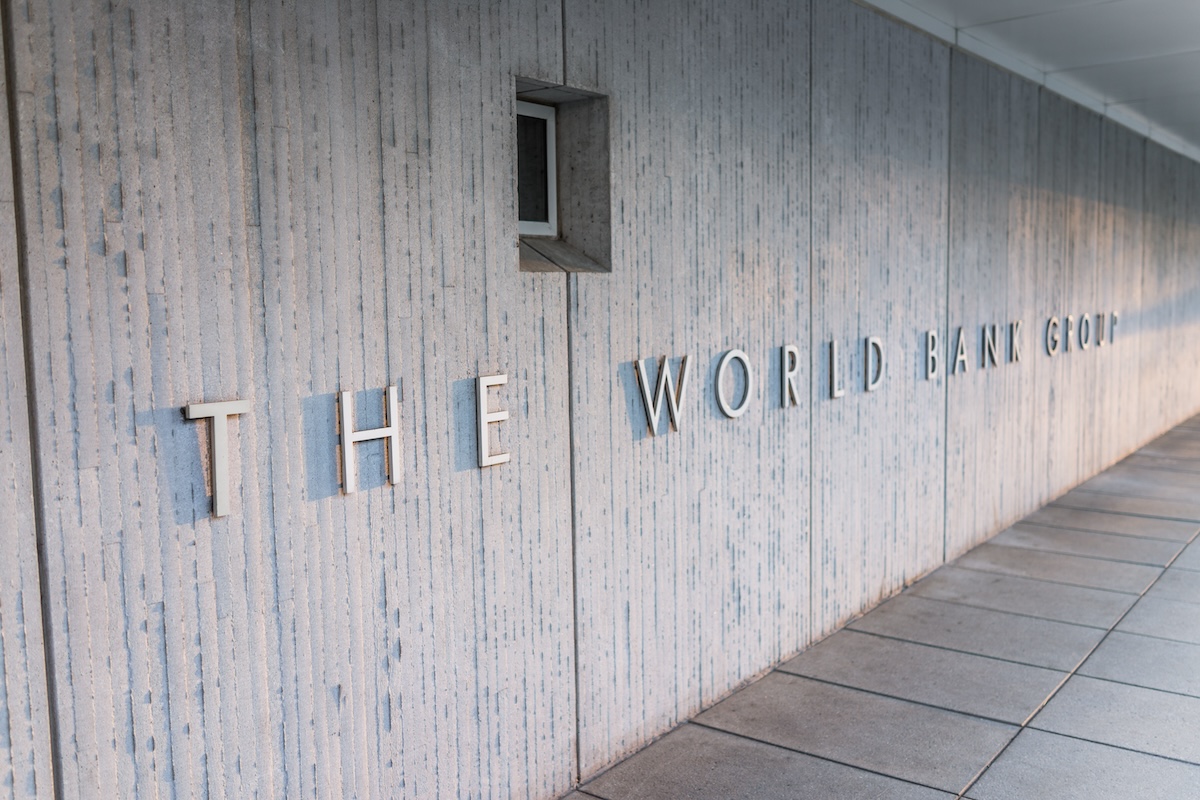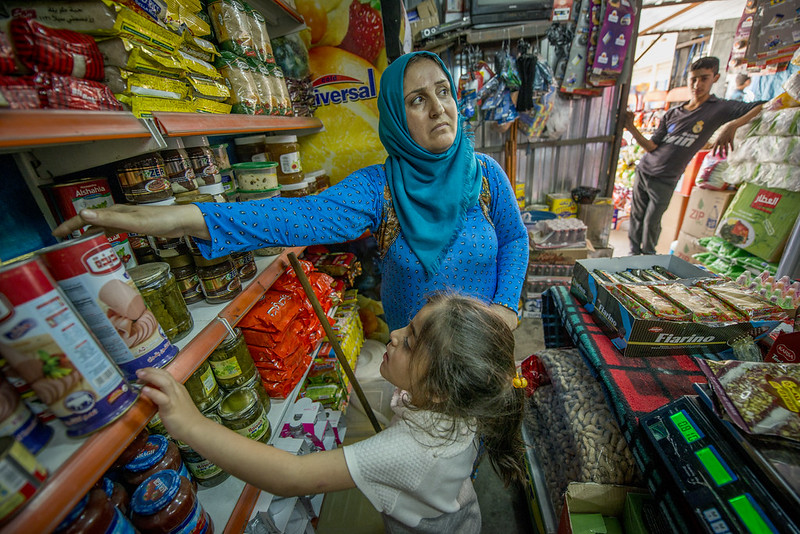Ghana’s recent
recalculation of its GDP led to an overnight $500 per capita jump, putting in motion unexpectedly rapid graduation from the International Development Association (IDA) and ultimately a new relationship with the World Bank. In this week’s Wonkcast, I speak with Todd Moss, vice president for programs and senior fellow at CGD, about his recent trip to the newly categorized lower-middle income country, the implications of IDA graduation, and a sudden influx of oil wealth.Why Ghana? Todd explains that the country was the first country in Sub-Saharan Africa to gain independence from colonial rulers after World War II and a pioneer in making the transition to a stable democracy. Many in Africa and elsewhere therefore look to Ghana as a harbinger of things to come for the region. Graduation from IDA may be similar in this way, since many African countries are enjoying moderate-to-high sustained growth and will soon breach the IDA income ceiling of $1,175 GDP per capita.As an IDA graduate, Ghana will soon lose access to the highly concessional IDA loans, with their long grace periods and extremely low interest rates. Instead, Ghana will rely more on international markets and the IBRD, the bank’s hard loan window, which offers terms that are closer to internationally available commercial credit. And, Todd adds, Ghana will need to pay back outstanding IDA loans at an accelerated rate.“I don’t think Ghana has realized the implications of this yet,” Todd says. “I was surprised when I was in Accra that people had not discussed this with the World Bank and the bank hadn’t raised this with finance officials. So, one of the things I hoped would be an outcome of my visit is that this would start to be discussed so that the government could understand the implications.”I ask Todd if accelerated loan re-payment and higher interest rates on IDRB loans will place Ghana in a financial bind. He replies that Ghana’s new influx of oil revenues will cushion these effects. While Ghana does not rank among Africa’s top ten oil producers, starting in 2013 oil revenue will be about 1.5 billion dollars per year– the equivalent of what the country receives annually in aid.Oil rich countries often suffer from high poverty and endemic corruption—the so-called “oil curse.” To combat this trend, Todd and others are urging direct distribution of some or all of the oil proceeds, with the government then taxing back part of it. This
Oil2Cash approach is designed to encourage accountability and transparency. Todd had hoped that
Ghana might try the new approach. Instead the government has opted to spend most of the funds on roads, ports and other infrastructure."Spending most of the oil money on big infrastructure makes sense in one way,” explains Todd, since there are genuine needs. “But if there was one sector you wanted to spend a lot of money in if you were trying to fuel corruption and waste, it would probably be large construction projects. It's a little bit worrying. “On the bright side, Todd says, people in Ghana are engaged in a wide-ranging debate on public policy. NGOs, civil society, and government have been participating in a lively circle of discussion. Todd has special praise for the
Institute of Economic Affairs, his host while he was in Accra, which during the last election hosted a debate by the four candidates running for president.We conclude with discussion of the impact on the World Bank of the large number of countries poised to graduate from IDA, a topic Todd and co-author Ben Leo explored in
a recent CGD working paper and the focus of a
CGD working group that recently had its first meeting. Want to know more? Listen to the Wonkcast!
CGD blog posts reflect the views of the authors, drawing on prior research and experience in their areas of expertise.
CGD is a nonpartisan, independent organization and does not take institutional positions.





